Historic Whistleblower Cases
Since 1986, our firm has represented thousands of international whistleblowers, helping them win record-breaking awards and recover billions of dollars while protecting them from retaliation.
$2 Billion Recovered
Wilkinson blew the whistle on a $230 billion Russian money-laundering scandal that moved rubles out of Russia, converted them to dollars at Danske Bank Estonia Branch, then to moved the dollars to New York. The largest money laundering scandal in history.
$104 Million Reward
As an international banker at UBS in Switzerland, Bradley Birkenfeld exposed a massive tax evasion scheme, leading UBS to disclose over 4,450 U.S. tax evaders and pay a $780 million fine to the IRS. He was awarded $104 million by the IRS for his information.

“The only lawyer on my side was Stephen M. Kohn. He was as smart as they come and feisty as a pit bull. Steve was convinced the government owed me a fat reward, and he was going to get it, or die trying.”

“Most law firms it really is all about billable hours. For these guys it’s all about the justice.”
“They fought tooth and nail for me.”
“We would like to express our appreciation for all your efforts. Whatever the outcome, your perseverance and conviction on our behalf means so much to us. You both have been supportive, honest and dedicated when no one cared to listen. You are both exceptional. We thank you sincerely…”
Setting Precedents & Winning
Our cases have set precedents and have paved the way for greater whistleblower protections that enable whistleblowers to come forward anonymously without fear of reprisal.

Contract Fraud Exposed
Dr. Tommie Savage, a seasoned contracting officer at the Army Corps of Engineers, uncovered a web of systemic corruption within the agency's Huntsville, Alabama contracting office. Her unwavering commitment to ethical government practices led to a relentless campaign of retaliation that would test her resilience and courage.

Environment & Human Rights Violations Exposed
Oil industry’s environmental crimes and cover-up in Colombia have been exposed. Whistleblower Andrés Olarte Peña, with the support of his attorneys Kohn, Kohn & Colapinto and the damning evidence compiled in the Iguana Papers, is calling for an investigation into Ecopetrol and its executives by the Colombian government and the U.S. Securities and Exchange Commission.

Qui Tam Victory
Whistleblower Bryan Swanton's qui tam lawsuit led to a $625,000 settlement against Instec Inc. for falsely claiming its Chinese-made scientific instruments were manufactured in the U.S. to secure government contracts.

$112.6 Million Award
Confidential Whistleblower’s disclosures resulted in 461 tax cheats paying over $562.9 million in fines and penalties. Whistleblower obtained awards of over $112.6 million. Client’s disclosures expected to trigger millions in additional awards and sanctions in 2024.

$300 Million in Sanctions and Fines
Our firm and Athens-based Greek law firm of Pavlos K. Sarakis & Associates jointly represented Greek whistleblowers who proved that the multinational Swiss-based pharmaceutical company Novartis paid millions in bribes to illegally market drugs in violation of the FCPA. Novartis was required to pay $300 million in sanctions and fines.

$2 Billion Recovered
Wilkinson blew the whistle on a $230 billion Russian money-laundering scandal that moved rubles out of Russia, converted them to dollars at Danske Bank Estonia Branch, then to moved the dollars to New York. The largest money laundering scandal in history.

$11.9 Million Award
In July 2023, our client was awarded a significant sum of $11.9 million due to their involvement in the Tax Whistleblower Award Case No. 2015-11701. The IRS’s program for whistleblowers is a crucial mechanism that incentivizes individuals to spotlight tax fraud.

$11.9 Million Award
July 2023, our client obtained an award of $11.9 million in Tax Whistleblower Award in Case No. 2015-11793. The IRS whistleblower program offers substantial financial rewards to individuals who expose tax fraud.

Lives Saved
Dr. Aaron Westrick filed a False Claims Act lawsuit against Toyoba, the manufacter of Zylon fiber, a material that degraded over time, which put thousands of lives in American police departments, federal law enforcement agencies, and the U.S. military at risk.

$7 Billion Contract Exposed
Bunnatine “Bunny” Greenhouse objected and exposed an illegal $7 billion no-bid Defense Department contract between Halliburton and the Army Corps of Engineers for the reconstruction of Iraq after the 2003 invasion.

Qui Tam Award to Whistleblowers: $50 Million
Daniel Richardson, a former Senior District Business Manager for Bristol-Myers Squibb (BMS), prevailed in one of the largest qui tam whistleblower cases filed against a major pharmaceutical company for “off label” marketing and illegal kickbacks.

$104 Million Reward
As an international banker at UBS in Switzerland, Bradley Birkenfeld exposed a massive tax evasion scheme, leading UBS to disclose over 4,450 U.S. tax evaders and pay a $780 million fine to the IRS. He was awarded $104 million by the IRS for his information.
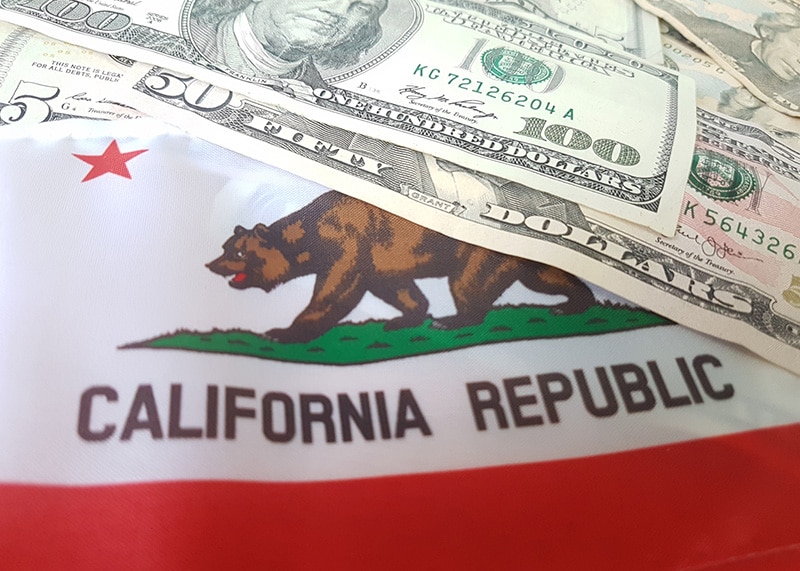
$7 Million Exposed
This case study examines the successful use of the California False Claims Act by our whistleblower client James Connolly, who held multinational bank HSBC accountable for defrauding the California Public Employees’ Retirement System (CalPERS), a public pension fund, out of $7 million.

Justice Against Retaliation
After reporting safety violations at a nuclear power plant, Allen Mosbaugh was fired and, despite an initial ruling against him, was ultimately found to have been retaliated against for his whistleblowing activities.

$30 Million Award
Protecting the confidentiality of Wall Street whistleblowers is among the most important breakthroughs in federal whistleblower law. Under the Dodd-Frank Act, whistleblowers can file anonymous cases, and everything about their case, including who they sued, remains secret.

Precedent-Setting Case
After reporting safety concerns about emergency lighting and plant drawings at a nuclear power plant, Linda Mitchell suffered five years of harassment and retaliation, ultimately receiving $50,000 in damages and setting a precedent for "hostile work environment" claims in nuclear whistleblower cases.

$13.5 Million Award
Our firm represented an anonymous whistleblower, who on May 17, 2021, received a whistleblower award of almost $13.5 million. The SEC has issued more than $31 million in whistleblower awards related to this case.

$98 Million Award
The tax whistleblower exposed major international illegal tax schemes for offshore banks. This whistleblower’s allegations led to 387 US payers getting caught red-handed, having stashed millions in illegal offshore accounts.

$100 Million Exposed
Alex Cherpuko, a 21-year-old whistleblower at the time, exposed a $100 million criminal enterprise, securing a $69.6 million judgment and becoming the first to simultaneously use False Claims Act, Dodd-Frank Act, and IRS whistleblower laws.

Protecting Top Counterterrorism Agent
In July, 2006 the Justice Department's Office of Professional Responsibility concluded that the FBI illegally retaliated against Youssef because he had allegedly made whistleblower disclosures to the Director of the FBI and a Member of Congress.

$17.4 Million Award
A husband and wife team, Whistleblowers’ 21276 and 77, played the leading roles in a high-stakes confidential “sting” operation against a sophisticated international criminal enterprise that managed over $1.2 billion in offshore “secret accounts.”
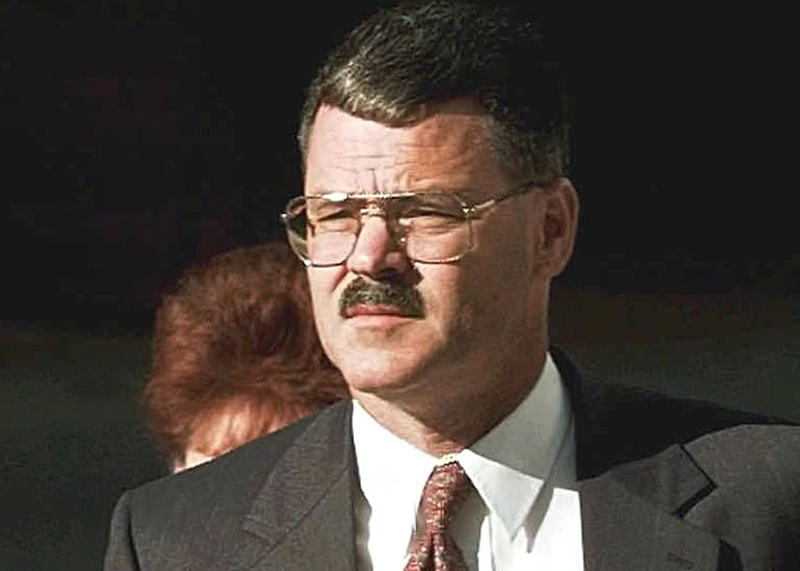
$1.16 Million Settlement
Frederic Whitehurst, renowned as the FBI’s foremost explosives expert, made history as America’s first successful FBI whistleblower. His courageous actions exposed critical issues, leading to significant reforms within the agency.

Lives Saved
Dr. Bonds, a leading sickle cell researcher, was retaliated against and ultimately fired after reporting the unethical and illegal collection of blood samples from African-American infants without proper informed consent, leading to a legal battle over whistleblower protection and discrimination.
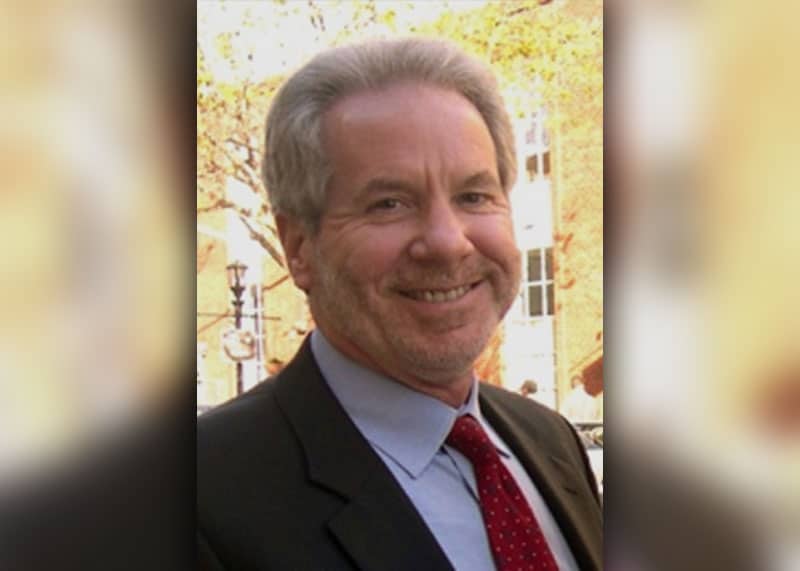
Setting Precedent: Banning NDA's Under Dodd-Frank
Harry “Hap” Barko, Jr., a former contract administrator for KBR in Iraq, discovered that Halliburton/KBR and other contractors inflated the costs of construction services on military bases in Iraq.

Lives Saved
Bobreski was retaliated against for blowing the whistle on the DC Water and Sewer Authority, who was unsafely storing over 100 tons of liquid chlorine that could have killed thousands.

Precedent-Setting: First Whistleblower Case Banning NDAs
Joseph J. Mackal stood up to the multinational construction company Brown & Root challenged their practice of paying money to workers in exchange for nondisclosure agreements (“NDAs") designed to hide safety flaws.
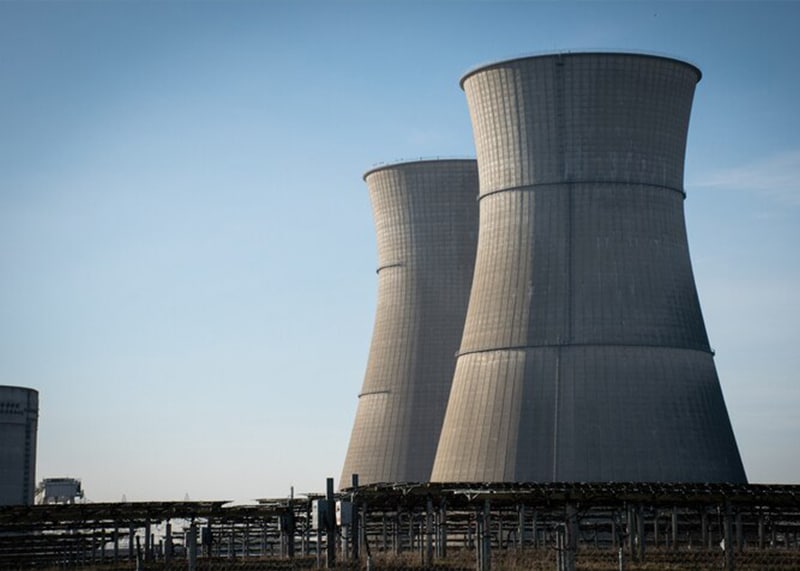
$5 Million Damages
After raising concerns about false testimony and the legality of the company's structure, Georgia Power Company manager Marvin Hobby was retaliated against, ultimately winning a multi-million dollar settlement and reinstatement in a landmark victory for environmental and nuclear whistleblowers.

Lives Saved
Paul Jayko was an Environmental Specialist for the Ohio Environmental Protection Agency. He was terminated by the head of the Ohio EPA for exposing that public schools were being built on contaminated land causing a high occurrence of cancer.
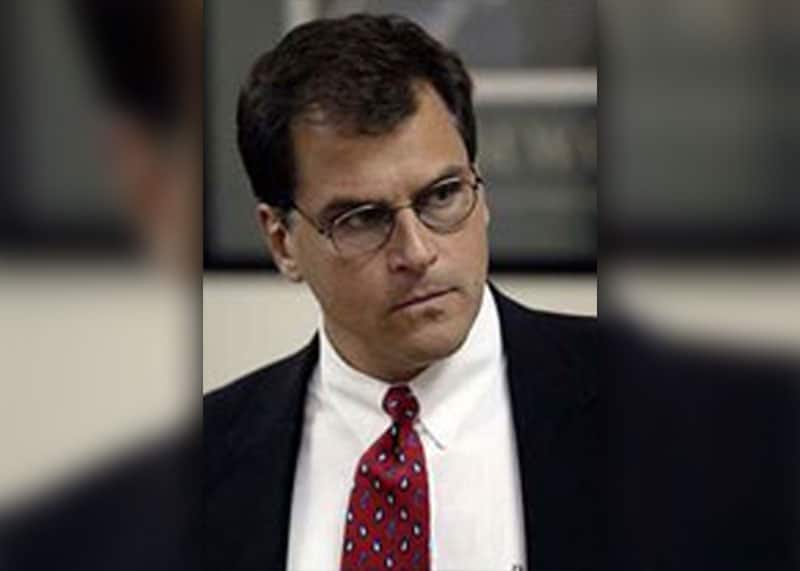
Justice Against Retaliation
After successfully prosecuting the first terrorism case after 9/11, former prosecutor Richard Convertino reported DOJ misconduct to the Senate, leading to his dismissal and a subsequent indictment for obstruction of justice, of which he was acquitted.

Justice Against Retaliation
After discovering and reporting falsification of time records by FBI officials, operations manager Robert Kobus, despite a distinguished 34-year career, endured nine years of retaliation before his case was resolved.

Justice Against Retaliation
After reporting security breaches and intelligence failures at the FBI, Sibel Edmonds was fired and subsequently silenced by the "State Secrets Privilege," preventing public discussion of her case.
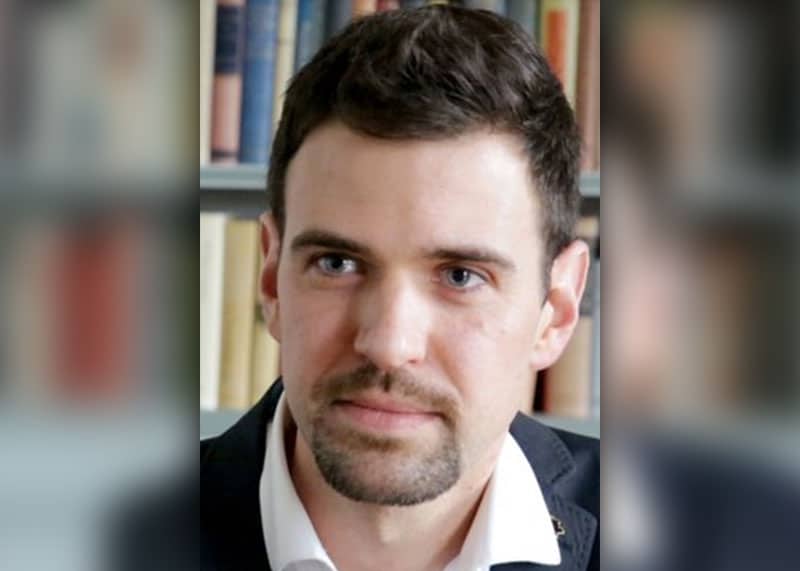
Lives Saved
Will Kramer was an occupational health and safety consultant when he documented deeply disturbing conditions and improper handling of hazardous waste at several plants that recondition industrial plastic containers and steel drums.

Lives Saved
EPA microbiologist Dr. David Lewis, after discovering health risks associated with the agency's promotion of processed sewage sludge as fertilizer, faced suppression of his research but continued his advocacy, leading to CDC guidelines for worker safety and later vindication by the EPA's Inspector General.
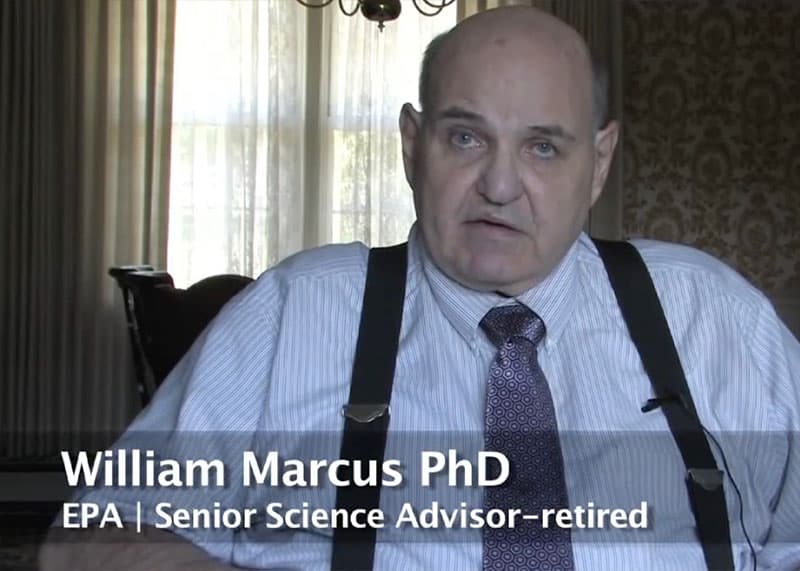
Precent Setting Case
After documenting potential cancer risks associated with water fluoridation, EPA scientist Dr. William Marcus was fired but, following a legal battle revealing evidence of collusion and obstruction, was reinstated and awarded damages, setting a precedent for whistleblower protection under the Clean Air Act and Safe Drinking Water Act.
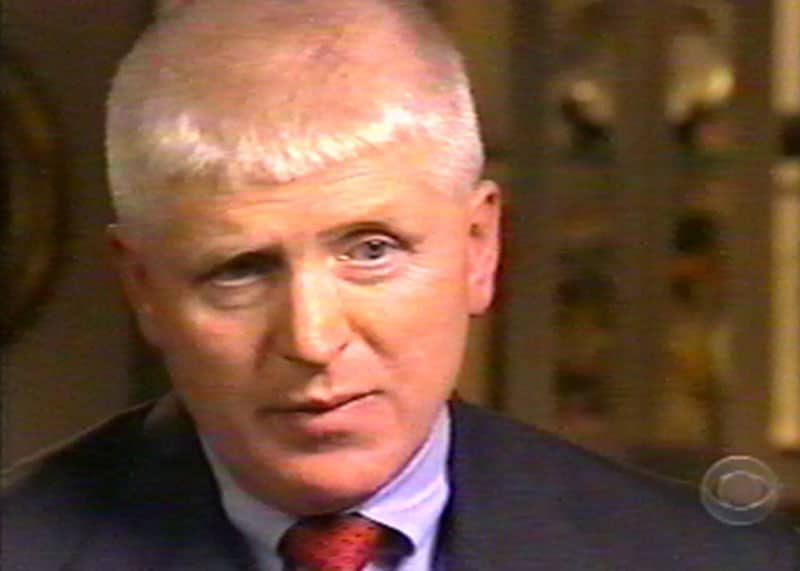
Justice Against Retaliation
John Roberts is an FBI whistleblower who exposed misconduct in many high-profile scandals within the FBI, including the Ruby Ridge shootings, and was retaliated against after appearing in an episode of 60 Minutes.
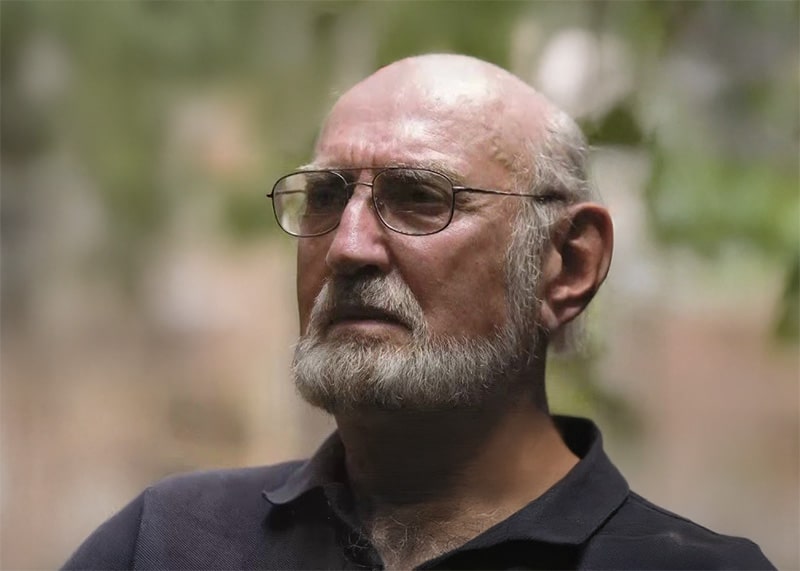
Precedent Setting Case
Represented pro bono by Kohn, Kohn & Colapinto in Sanjour v EPA, Sanjour challenged rules written by the Federal Office of Government Ethics which restricted EPA workers’ rights to speak to environmental community groups.
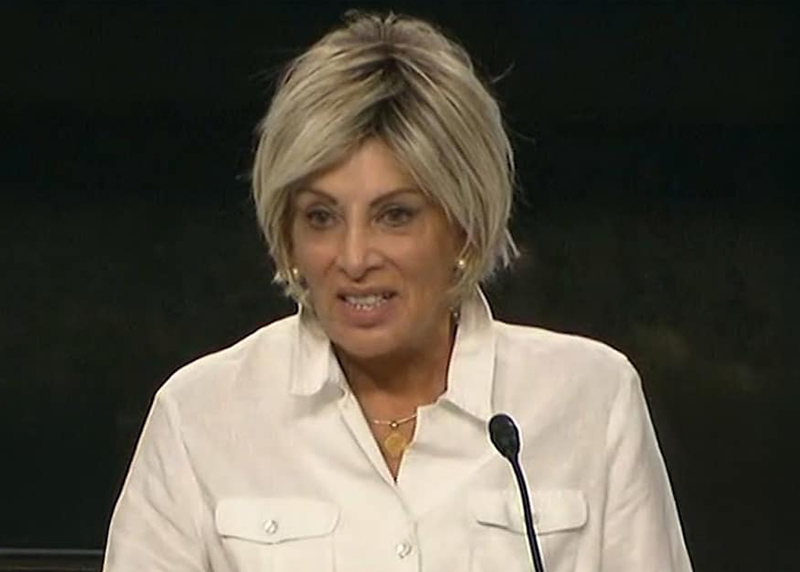
Privacy Act Victory
Linda Tripp, a central figure in the Clinton impeachment scandal, successfully sued the Department of Defense under the Privacy Act for retaliating against her by leaking private information after she blew the whistle on President Clinton's affair with Monica Lewinsky.
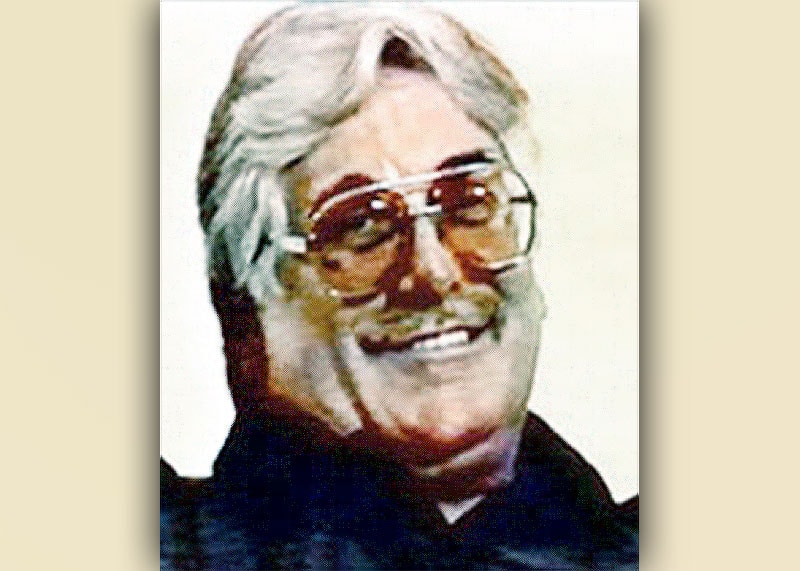
Justice For First Atomic Weapons Whistleblower
The DuPont contractor BF Shaw Company fired Mr. Wensil after blowing the whistle on illegal drug sales, safety violations, and the systemic quality failures taking place at a weapons facility that provided weapons-grade plutonium for U.S. government.

Jury Awards Maximum Damages for FBI Retaliation
After reporting FBI misconduct in child sex crime cases and theft at the 9/11 crime scene, decorated FBI agent Jane Turner faced retaliation but won two separate whistleblower cases, receiving substantial damages and prompting reforms within the FBI.

$70 Million in Rewards
With an unwavering commitment to our clients who expose foreign corruption, we have been instrumental in obtaining over $70 million in rewards for multiple non-U.S. citizen whistleblowers across Europe, Asia, and Latin America.

$125 Million in Awards
We have successfully represented a number of SEC whistleblowers, preserving their anonymity and securing sizable whistleblower rewards. In one case, we helped our client receive one of the ten largest whistleblower awards ever granted by the SEC.

$135 Million Award
In order to protect our client’s confidentiality we have not disclosed any details relating to this case. But the award highlights our firm’s expertise in ensuring that whistleblowers receive the largest award they are eligible for.

Precedent-Setting Case
Through her legal battle, Dr. Ikossi not only fought against discrimination but also paved the way for a more streamlined process for federal employees to pursue both discrimination and whistleblower claims.